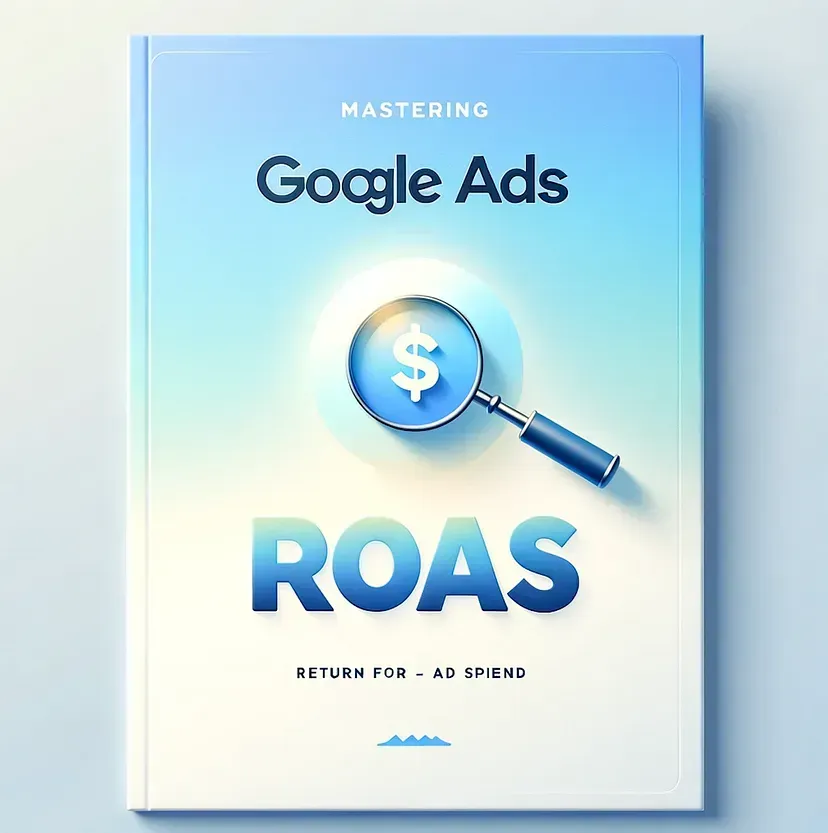How to Allocate Budget Between SEO and Ad Buying?
What is SEO and Why is it Important?
SEO, or Search Engine Optimization, refers to the process of improving your website's visibility and ranking in search engine results pages. By optimizing your website for search engines, you make it easier for potential customers to find you when they search for relevant keywords or phrases.
The importance of SEO cannot be overstated. A high ranking in search results leads to increased organic traffic, higher brand visibility, and ultimately, more conversions and revenue. SEO is a long-term strategy that focuses on improving the quality and relevance of your website content, building authoritative backlinks, and enhancing user experience.
The Role of Ad Buying in Digital Marketing
While SEO is a valuable investment, it often takes time to yield results. This is where Ad Buying, also known as Pay-Per-Click (PPC) advertising, comes in. Ad Buying allows you to bid on relevant keywords and display ads that drive immediate traffic to your website.
With Ad Buying, you have the advantage of targeting specific demographics, locations, and devices, ensuring that your ads are seen by those most likely to convert. Ad platforms such as Google Ads and social media advertising channels offer a range of targeting options that can maximize your ROI.
Determining Your Marketing Objectives
Setting Your Business Goals
To allocate your budget effectively, it is important to define your marketing objectives. Are you looking to increase brand awareness, generate leads, or drive direct sales? Having clear goals will help you make informed decisions on how best to divide your budget between SEO and Ad Buying.
For instance, if you're launching a new product or service and need immediate results, allocating a larger portion of your budget to Ad Buying could be beneficial. On the other hand, if you're focused on long-term growth and building a sustainable online presence, investing more in SEO might be the right approach.
Identifying Your Target Audience
Understanding your target audience is essential for effective budget allocation. Analyze your customer demographics, interests, and online behavior to determine where they are most likely to engage with your brand. This insight will help you decide whether to prioritize SEO or Ad Buying, or perhaps strike a balance between the two.
For instance, if your target audience predominantly uses search engines to find products or services, investing in SEO would make sense. Conversely, if your audience spends a significant amount of time on social media platforms, allocating a portion of your budget to Ad Buying could be advantageous.
Evaluating Your Current Marketing Spend
Assessing Your SEO Investment
To make informed decisions regarding budget allocation, it is crucial to evaluate your current SEO investment. Consider factors such as the quality and relevance of your website content, the effectiveness of your keyword strategy, and the strength of your backlink profile.
A comprehensive SEO audit can provide valuable insights into areas that need improvement. Based on the audit findings, you can allocate resources to rectify any issues and set realistic expectations for your SEO performance.
Reviewing Your Ad Buying Expenditure
Similarly, analyzing your Ad Buying expenditure is essential in determining its effectiveness. Evaluate metrics such as click-through rates, conversion rates, and cost per acquisition. This data will help you understand whether your ad campaigns are delivering the desired results.
By monitoring the performance of your ads, you can optimize your targeting, messaging, and bidding strategies to improve your return on investment. Regularly reviewing and tweaking your ad campaigns is crucial to maximize their effectiveness.
Allocating Your Budget Based on Your Needs
Balancing SEO and Ad Buying for Optimal Results
While SEO and Ad Buying both play significant roles in driving online success, finding the right balance is key. Consider your marketing goals, target audience, and budget constraints to determine how much of your budget to allocate to each strategy.
In many cases, a combined approach that emphasizes both strategies can yield the best results. By leveraging SEO to build a solid foundation and supplementing it with Ad Buying for immediate impact, you can create a comprehensive marketing strategy that maximizes your return on investment.
Adjusting Your Budget Allocation Over Time
Budget allocation is not a one-time decision. As your business evolves and market trends shift, it's important to reassess your budget allocation periodically. Monitor the performance of your SEO and Ad Buying efforts and make adjustments accordingly.
For example, if you notice that your SEO efforts are driving consistent organic traffic and conversions, you may choose to allocate a larger portion of your budget to Ad Buying to expand your reach further. Conversely, if you're seeing diminishing returns from Ad Buying, reallocating funds to SEO could be a wise move.
Measuring the Success of Your SEO and Ad Buying Strategies
Tracking SEO Performance
Monitoring the success of your SEO efforts is crucial to ensure you're on the right track. Keep an eye on metrics such as organic traffic, keyword rankings, and conversion rates. Utilize tools like Google Analytics and SEO analytics platforms to gain valuable insights into your website's performance.
Regularly analyzing these metrics will help you identify areas for improvement and make data-driven decisions regarding your budget allocation. By understanding which SEO tactics are working well and which need adjustment, you can allocate your resources more effectively.
Monitoring Ad Buying Effectiveness
Similarly, closely monitoring the effectiveness of your Ad Buying campaigns is essential. Track metrics such as click-through rates, conversion rates, and return on ad spend. This data will provide insights into the performance of your ads and help you optimize your strategies for better results.
An iterative approach to ad campaign management will allow you to refine targeting, messaging, and bidding strategies, ensuring that your ad budget is utilized efficiently. By continually monitoring and optimizing your ad campaigns, you can improve the return on your ad spend.
In conclusion, allocating your marketing budget between SEO and Ad Buying is a complex decision that requires careful consideration of your business goals, target audience, and current marketing efforts. By understanding the fundamentals of each strategy and evaluating your needs, you can strike a balance that maximizes your online presence and drives tangible results. Regularly assess your performance and adapt your budget allocation as necessary to ensure continued success in the ever-evolving digital landscape.










